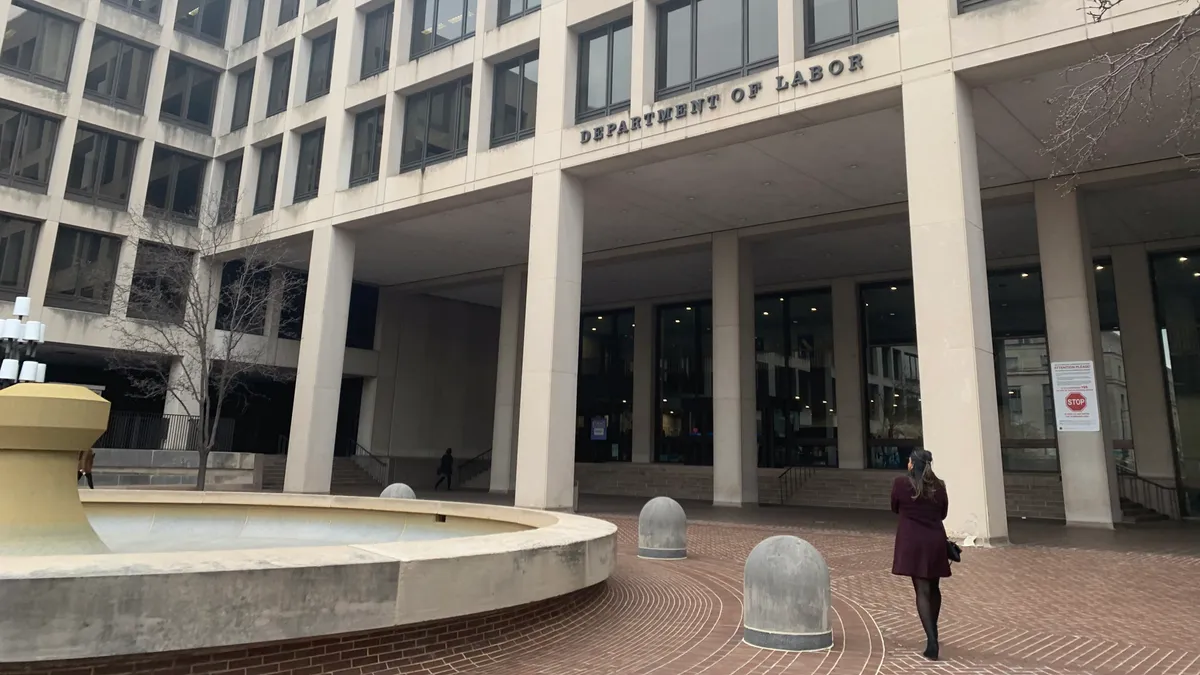Dive Brief:
- Holly Moore, executive dean of South Seattle College’s Georgetown Campus, believes stackable credentials are a necessity in higher education, both for the success of students who need flexibility and because they can help institutions maintain connections with alumni and improve outcomes.
- In a Q&A with The Evolllution, Moore says institutional leaders must develop stackable programs based on conversations with employers and create a feedback loop so improvements can be made based on actual outcomes.
- Beyond ensuring programs meet federal financial aid requirements, Moore recommends working closely with student services and financial aid departments to secure institutional buy-in for stackable programs and necessary financial support for students who choose them.
Dive Insight:
Traditional colleges as well as alternative providers are rushing to offer short-term certificate programs to give working adults an opportunity for quick retraining. Many higher ed leaders say stackable credentials are a critical piece of this development. Students who come to school for a short period should be able to work toward a degree in the long-term. That’s what will help them most in their careers.
While community colleges are focusing on these programs, stackable degrees are gaining prominence as entry points into graduate school as well. The University of Illinois at Urbana-Champaign and MIT both have new massive open online courses designed to give students the first portion of master’s degrees they can complete on-campus.











